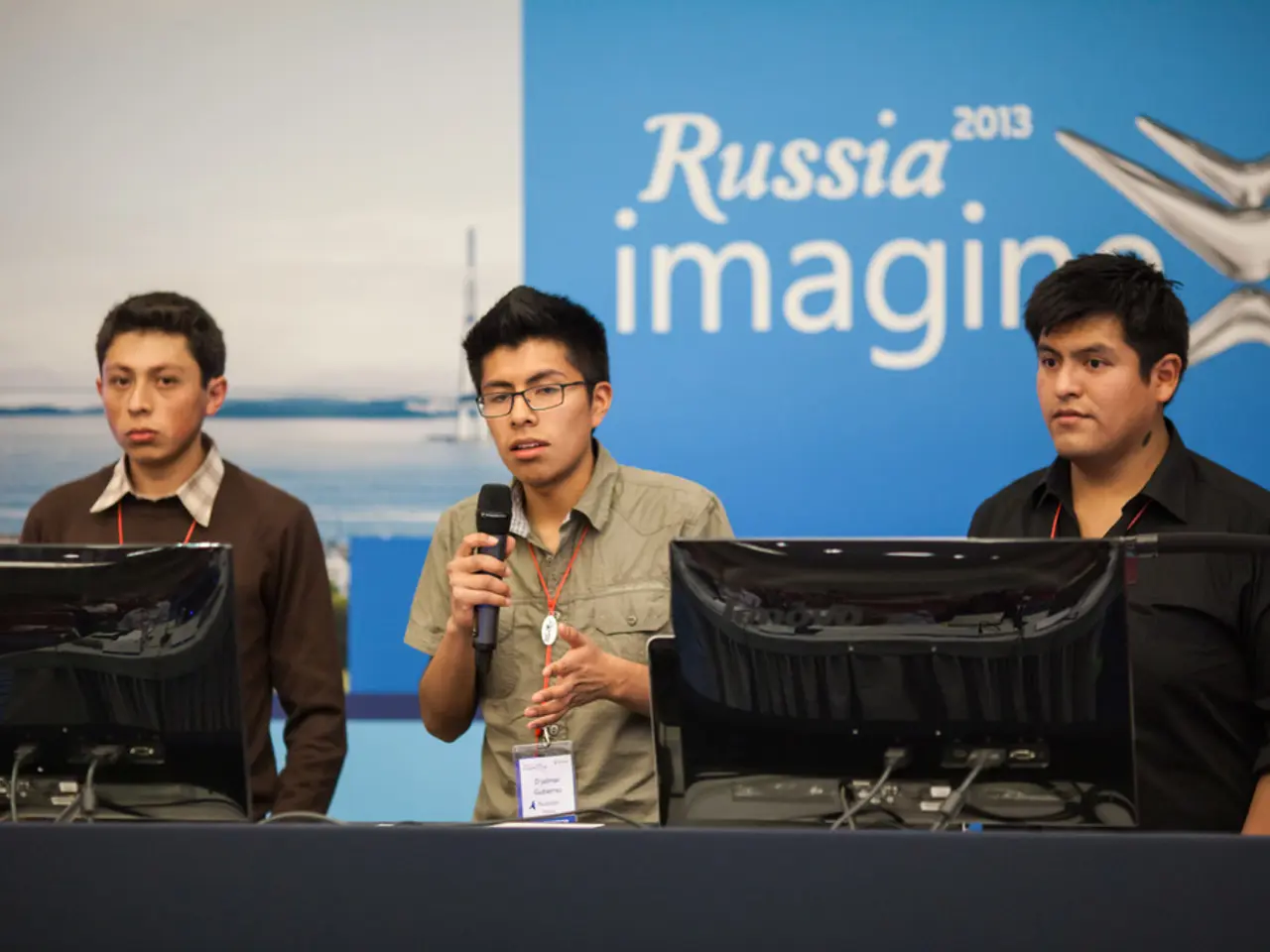Artificial Intelligence, specifically of the generative variety, exhibits signs of being a versatile, transformative technological force.
In the realm of technology, generative AI has been experiencing a significant surge in growth and adoption, particularly over the past decade.
According to recent research, the compute for AI models has grown an impressive 4.4-fold annually between 2010 and May 2024, marking a stark contrast to the 1.5-fold yearly growth observed prior to 2010. This growth has been mirrored in the adoption rates across Organisation for Economic Co-operation and Development (OECD) countries, with 8% of firms using AI technologies in 2023, rising to 13.5% in the European Union by 2024.
The capabilities of these models have shown dramatic advancement across literacy, numeracy, and logical reasoning benchmarks. In fact, generative AI is exhibiting characteristics of a method of invention, potentially improving research and development productivity. This was further validated by the OECD's analysis published in June 2025, which classified generative AI as a general-purpose technology.
Industry exposure correlates with economic output concentration, with finance and insurance, professional services, and information sectors demonstrating higher generative AI exposure and accounting for substantial economic activity. Applications of generative AI are diverse, ranging from novel research idea generation and social science hypothesis testing to data harmonization across sources and drug discovery optimization.
Microsoft has addressed the skill development needs through its free AI certification courses. Launched in February 2025, these comprehensive learning paths cover neural networks, computer vision, and natural language processing across a 24-lesson curriculum.
Significant activity has emerged in life and medical sciences, business solutions, and banking and finance, with patent numbers reaching 5,994, 5,473, and 1,420 respectively. The number of technology fields citing generative AI patents consistently exceeds the fields of the original cited patents, and more than 80% of generative AI patents received forward citations using a 3-year citation window.
These developments signal fundamental shifts in tool deployment for marketing professionals, particularly in content creation and customer service. Recent industry developments demonstrate accelerating integration, with Zeta Global's AI Agent Studio launching with agentic workflows enabling interconnected marketing automation beyond isolated tasks.
Patent quality metrics reveal increasing technological generality and originality over time. The research identifies positive feedback loops between generative AI and application sectors. However, the emphasis on data minimization could particularly impact marketing applications relying on broad data collection.
Regulatory developments add compliance complexity, with European regulatory bodies like the CNIL finalizing recommendations for AI system development and the Dutch data protection authority establishing detailed requirements for AI systems processing personal data.
Individual adoption demonstrates faster growth, with ChatGPT reaching over 200 million weekly active users as of August 2024. The model's mathematics performance improved from 35% to 40% compared to its predecessor.
The research, which includes patent data, performance benchmarks, and adoption patterns, with a focus on OECD member countries, the United States, the European Union, and international deployment patterns, also notes potential productivity paradox effects, where benefits emerge after complementary investments, skill development, and organizational changes.
Companies and institutes that have developed and released generative AI models include major technology corporations such as IBM Corporation, Intel Corporation, Qualcomm, and research groups like the WSE research group at HTWK Leipzig, which focuses on large language models and generative AI, as well as NVIDIA with its AI-factory scaling solutions.
The study examines whether generative AI qualifies as a general-purpose technology through three characteristics: pervasiveness across sectors, continuous improvement over time, and innovation spawning capabilities. As we move forward, it will be interesting to observe how these advancements continue to shape and transform various industries.








